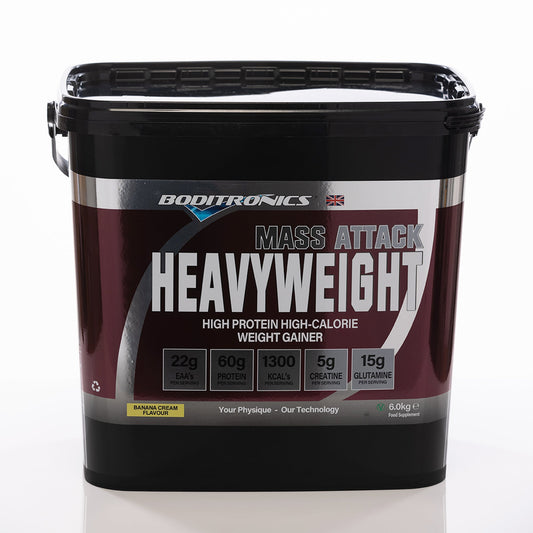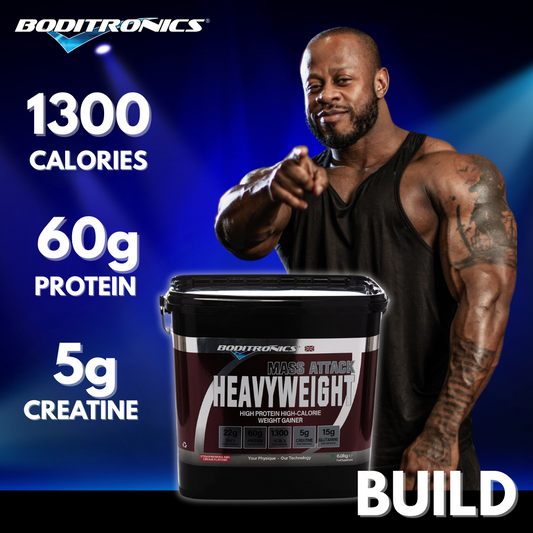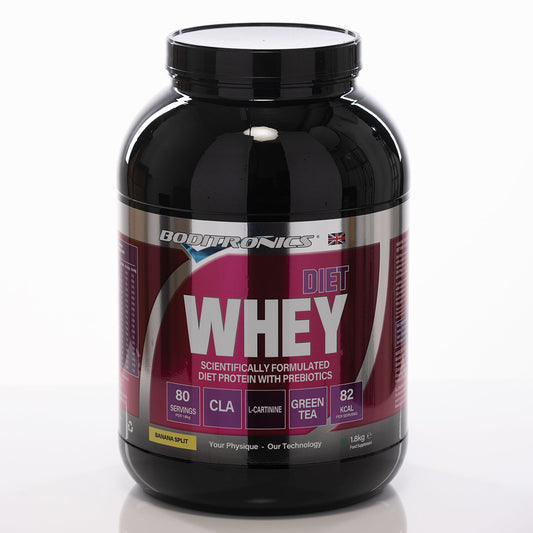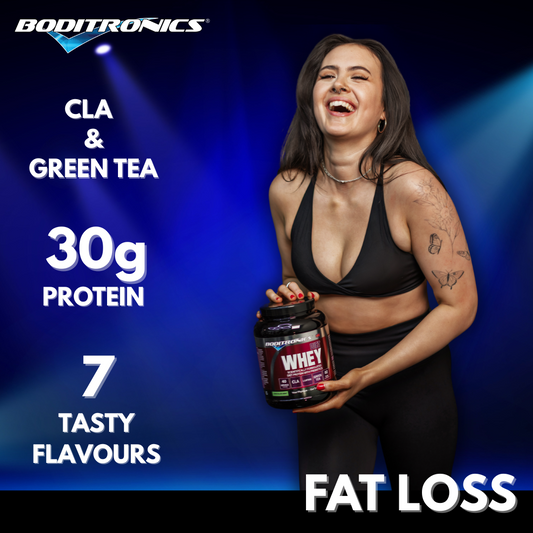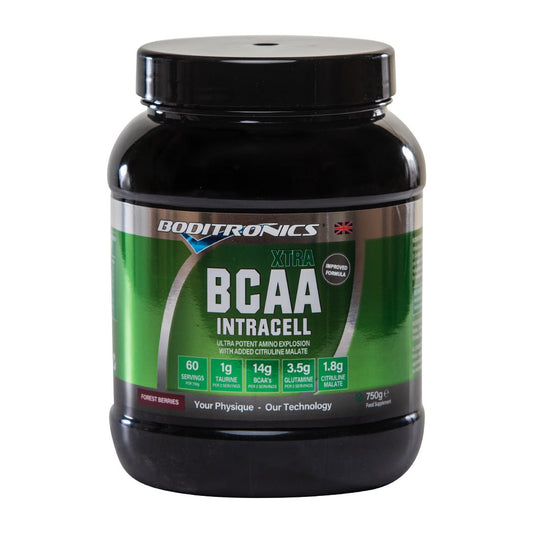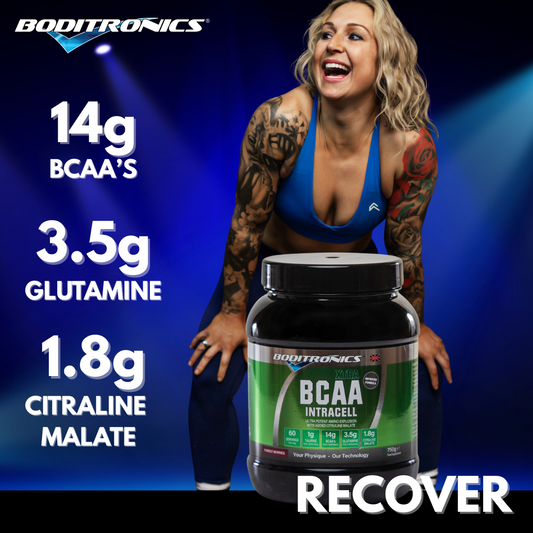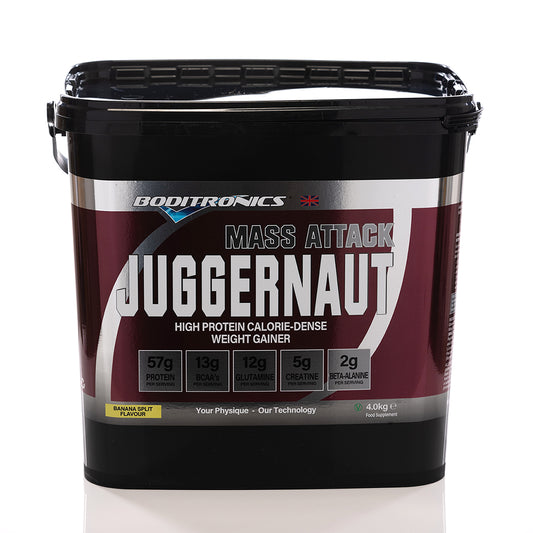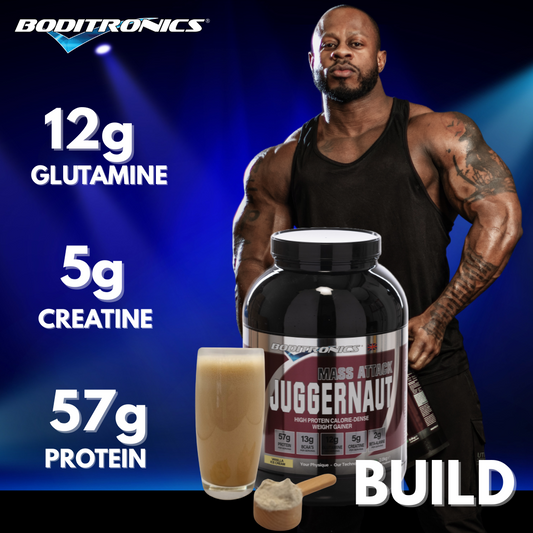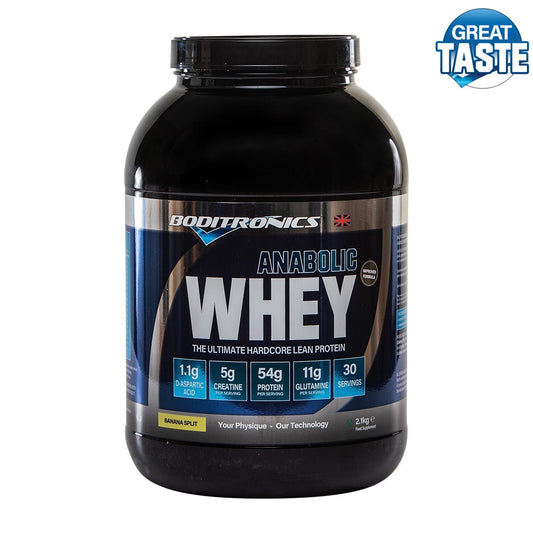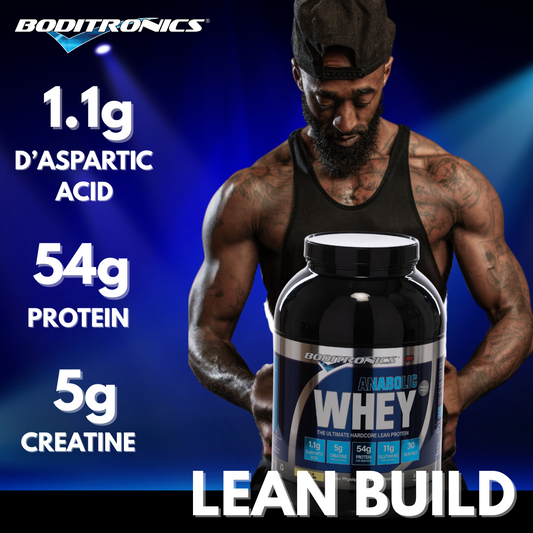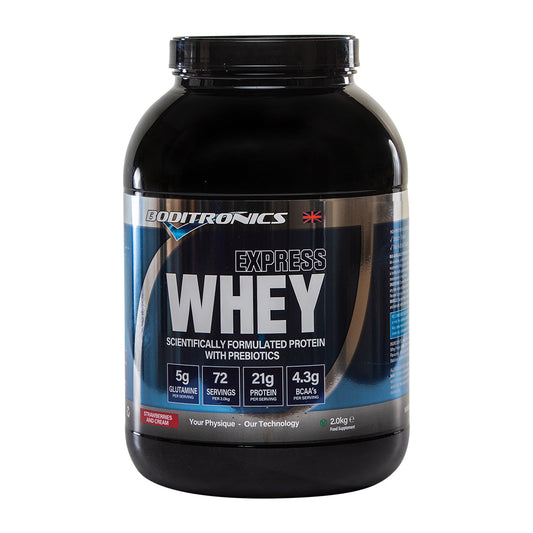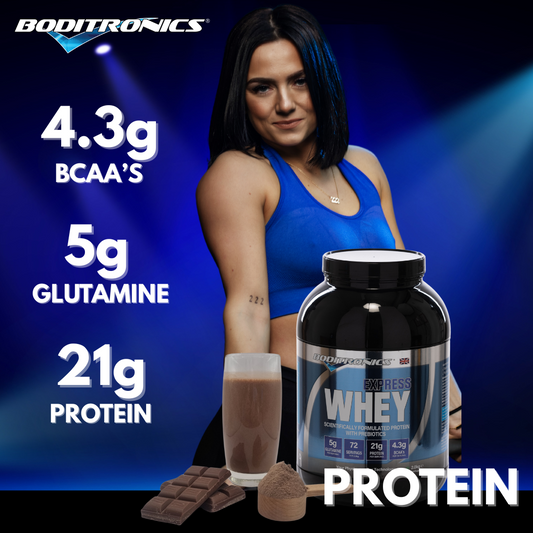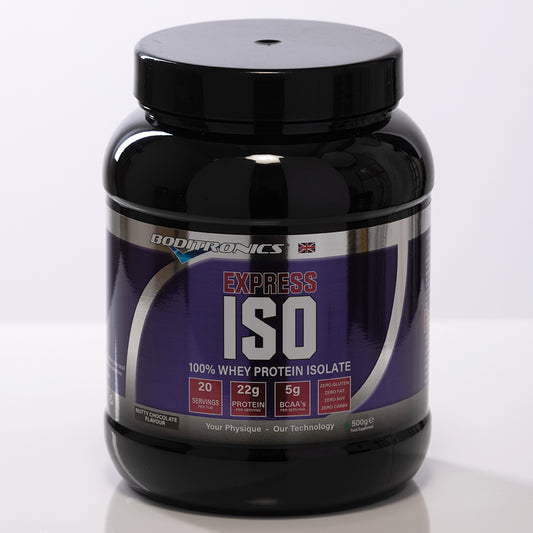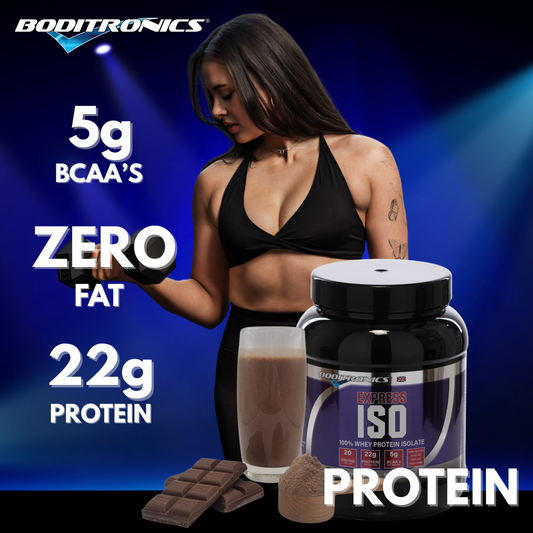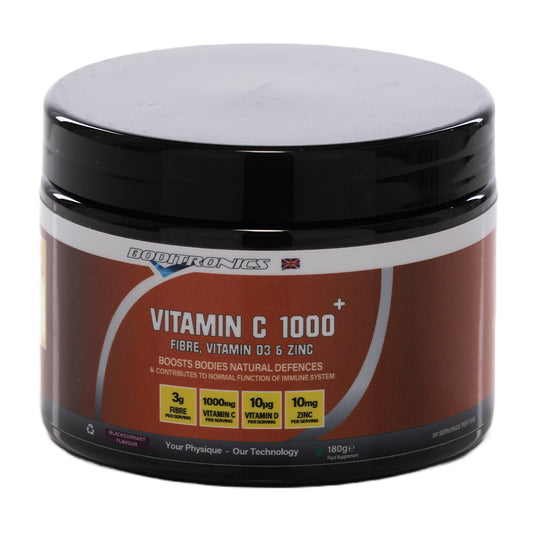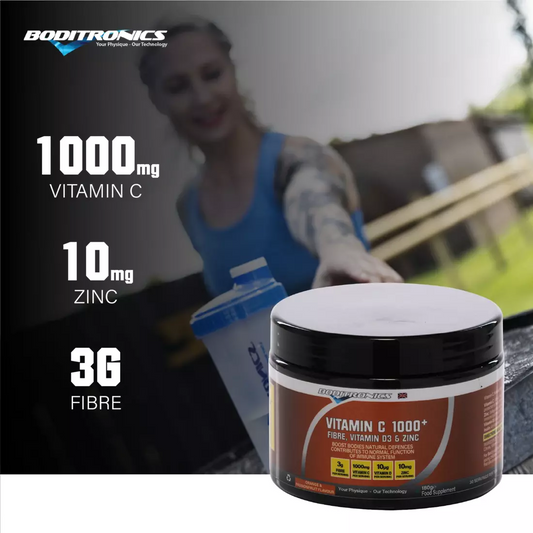Boosting testosterone naturally involves lifestyle changes and diet adjustments, which can positively affect test levels, including natural ways to increase it through exercise, maintaining a healthy weight, diet, alcohol intake, sleep, and stress management. It’s important to note that decreased testosterone levels can naturally decline with age, influenced by factors like sleep, diet, and physical activity.
Maintaining a healthy weight with regular exercise is key, as excess fat can lower testosterone and negatively impact blood testosterone levels, and activities that increase test levels include weight lifting and HIIT. Focus on a nutritious diet rich in fruits, veggies, lean proteins, and whole grains, while cutting back on processed foods and sugary snacks, is essential for boosting testosterone. Weight gain can contribute to lower testosterone levels, emphasizing the importance of lifestyle interventions to maintain a healthy BMI and prevent gaining weight. Vitamin D is crucial for testosterone, so get sunlight and eat D-rich foods or testosterone-boosting supplements.
Manage stress, get enough sleep, and limit alcohol to balance hormones. Stay hydrated too. If you notice low testosterone symptoms like low libido or fatigue, consult a healthcare pro for personalized advice. These changes can naturally boost testosterone and improve overall health. Given the potential drawbacks of testosterone replacement therapy (TRT), it's crucial to explore alternative strategies for increasing the production of testosterone, such as the use of herbal products and supplementation, which are gaining popularity for their potential to support the production of natural hormones in men.
What increases the production of testosterone the fastest?
Increasing testosterone levels efficiently involves a multifaceted approach encompassing diet, exercise, and lifestyle habits. Resistance training specifically exercises that target large muscle groups like squats and deadlifts, is particularly effective in stimulating the production of testosterone and promoting muscle growth. Regular strength training sessions, coupled with adequate rest and recovery, help optimize hormone levels and support health.
Nutrition plays a crucial role in testosterone synthesis. Consuming a balanced diet rich in protein, vitamins, and minerals is essential for supporting muscle growth and hormone balance. Incorporating foods high in omega-3 fatty acids, such as fatty fish like salmon, can positively impact testosterone levels. Additionally, maintaining a low-fat diet and avoiding excessive consumption of unhealthy fats can prevent gaining wieght and promote healthy hormone levels.
Weight gain, especially excess body fat, can contribute to lower testosterone levels. By prioritizing muscle-building activities and maintaining a healthy body composition through regular exercise and proper nutrition, individuals can support optimal the production of testosterone. Striking a balance between muscle mass and body fat is essential for hormone balance and health.
In summary, to increase testosterone levels efficiently involves a combination of resistance training, nutritious eating habits, and maintaining a healthy body composition. By incorporating these lifestyle habits into their routine, individuals can effectively support the production of testosterone, promote muscle growth, and enhance overall well-being.

Do Natural Testosterone Boosters work for women?
Women typically have much lower levels of testosterone compared to men. While some natural test- boosters like D-aspartic acid may help in maintaining testosterone levels in men, the effects may differ for women. The role of natural supplements in increasing the production of testosterine is becoming increasingly recognized as a potential treatment option for androgen deficiency.
The impact of such boosters on women’s hormones, testosterone production, and health is not as well studied. Testosterone is crucial for maintaining muscle mass and sexual function in men, highlighting the importance of balanced test levels for overall men's health. Factors like cortisol levels (the amount of the hormone cortisol made), hormone production, and the balance of various hormones such as luteinizing hormone may play a role in women’s tes levels.
Testosterone supplements are emerging as popular alternatives to boost testosterone naturally, offering a way to support hormone balance without the direct use of hormone therapy. Incorporating a healthy diet rich in nutrients like omega-3 and engaging in activities like high-intensity interval training or CrossFit can improve health and well-being.
Testosterone therapy, with its potential benefits for men diagnosed with hypogonadism, presents a more direct intervention method, though it comes with its own set of risks and uncertainties when compared to natural testosterone boosters.

What are the symptoms of low testosterone?
Low test levels can manifest in various symptoms that impact both physical and mental health. Common symptoms include erectile dysfunction, decreased libido, fatigue, reduced muscle mass and strength, increased body fat, mood swings, irritability, and difficulty concentrating.
Testosterone levels naturally decline with age, but factors such as a high intake of alcohol, poor diet, and lack of exercise can exacerbate this decline. The adrenal glands also play a role in the production of testosterone, and imbalances in adrenal function can contribute to low test levels.
Zinc supplementation has been linked to improved testosterone levels, as zinc is essential for the production of testosterone and other sex hormones. It's important to maintain normal test levels for overall health and well-being.
Monitoring serum testosterone levels, particularly daytime test levels, can help diagnose and manage low testosterone. Addressing lifestyle factors such as social life, maintaining a healthy diet and weight, and incorporating regular exercise can support healthy test levels and promote optimal health.
What are natural test-boosting supplements made of and are they safe?
There are lots of supplements claiming to help naturally boost sex drive and sexual dysfunction so its hard to know what is right and wrong.
Natural test-boosting supplements like Boditronics Testofen XT contain herbal extracts, vitamins, minerals, and amino acids that are believed to support the production of testosterone. For example, Testofen XT includes ingredients fenugreek extract, which has been studied for its potential to increase test levels and improve male fertility. A copy fo a research study can be found here.
One scientific study that found fenugreek extract to potentially increase test levels is titled: "Effect of Furosap™, an innovative Trigonella foenum-graecum seed extract, on men's testosterone and sexual function." This study was published in the journal Phytotherapy Research in 2016. Furosap™ is a patented fenugreek seed extract standardized to contain a specific amount of active compounds.
In this study, researchers investigated the effects of Furosap™ supplementation on testosterone levels and sex function in healthy men. The results showed that participants who received Furosap™ experienced a significant increase in total testosterone levels compared to those who received a placebo. Additionally, improvements in sexual function, including libido and satisfaction with sexual performance, were reported in the Furosap™ group.
D'Aspartic acid is another common ingredient in testosterone supplements, known for its role in supporting testosterone synthesis in the body. These are thought to promote overall health and well-being.
Regarding safety, it's essential to note that the safety and effectiveness of natural test levels supplements can vary. While some studies suggest that certain ingredients like fenugreek and D'Aspartic acid may lead to a huge increase in testosterone levels, others have found no significant differences compared to placebo groups.
About the Author:
Frankie Copley boasts an impressive 17-year tenure within the dynamic realm of Nutrition and Fitness. Her journey has been a testament to her unwavering dedication, evolving from a Bodybuilder to conquering Duathlons (securing 2nd and 3rd places overall), mastering Triathlons (ranking within the top 10 in her age group), and embarking on numerous Half Marathons and a full Marathon. Currently immersing herself in the world of CrossFit, Frankie's passion for fitness knows no bounds.
Throughout her athletic endeavours, Frankie has navigated diverse supplement regimens and dietary requirements tailored to each sport. Not content with personal achievement alone, she channels her expertise as both a personal trainer and nutritional therapist, guiding others on their wellness journeys.
What fascinates Frankie most is the unique interplay between individuals and nutrition, recognizing that a singular approach doesn't suffice for everyone. For her, the cornerstone of any effective nutritional strategy lies in empowering individuals with accessible knowledge, equipping them with the discernment to make informed dietary choices irrespective of their athletic pursuits. She firmly believes that making nutrition transparent will give them a better chance to make informed decisions, but that if they become stuck all they have to do is ask!
